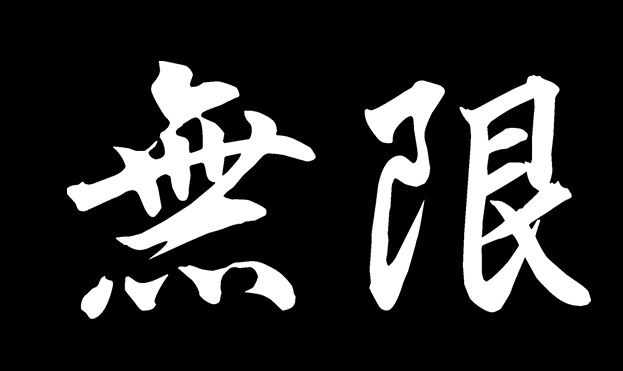Words and Encantations
Yugen

Yūgen is a Japanese aesthetic and philosophical concept that conveys a sense of profound, ineffable beauty often associated with the mysterious, the shadowed, and the subtly
suggestive rather than the overt or explicit. It is a term deeply rooted in classical Japanese arts, particularly poetry (waka, haiku), Noh theater, and Zen-influenced
aesthetics.
Yūgen is not merely an aesthetic but a way of perceiving the world, where beauty is found in the half-seen, the whispered, and the ephemeral. It remains a defining element of traditional Japanese art and continues to influence global cinema, literature, and visual storytelling. Unlike Western ideals of clarity and boldness, yūgen thrives in ambiguity, inviting the observer to feel rather than analyze.
Yūgen is not merely an aesthetic but a way of perceiving the world, where beauty is found in the half-seen, the whispered, and the ephemeral. It remains a defining element of traditional Japanese art and continues to influence global cinema, literature, and visual storytelling. Unlike Western ideals of clarity and boldness, yūgen thrives in ambiguity, inviting the observer to feel rather than analyze.
Mushin

The concept of Mushin 'no-mind' is a central principle in Zen Buddhism and Japanese martial arts, referring to a state of mental clarity and detachment where the mind is free
from obstructive thoughts, emotions, or ego-driven distractions. It is often described as a flow state where action arises spontaneously, unburdened by overthinking or
hesitation.
Mushin represents the pinnacle of mastery in both spiritual and physical disciplines, where the mind is undisturbed by distractions, allowing pure, instinctive action. It remains a timeless ideal in martial arts, meditation, and even modern performance psychology.
Mushin represents the pinnacle of mastery in both spiritual and physical disciplines, where the mind is undisturbed by distractions, allowing pure, instinctive action. It remains a timeless ideal in martial arts, meditation, and even modern performance psychology.
Mugen

Mugen is a Japanese term that translates to 'infinity,' 'endlessness,' or 'eternity.' Unlike the purely mathematical Western concept of infinity (∞), mugen carries
philosophical, spiritual, and aesthetic connotations in Japanese thought. It appears in Zen Buddhism, classical poetry, and modern media as a symbol of the limitless, the
eternal, and the sublime.
Mugen is more than just 'infinity' in a quantitative sense, it is a gateway to contemplating the sublime, the eternal, and the ungraspable. Whether in Zen meditation, the vastness of a single brushstroke, or the endless worlds of anime, mugen reminds us that the most profound truths lie beyond the limits of human perception. Unlike Western infinity (often cold and mathematical), mugen is alive—breathing in the cycles of nature, the depths of the mind, and the mysteries of existence.
Mugen is more than just 'infinity' in a quantitative sense, it is a gateway to contemplating the sublime, the eternal, and the ungraspable. Whether in Zen meditation, the vastness of a single brushstroke, or the endless worlds of anime, mugen reminds us that the most profound truths lie beyond the limits of human perception. Unlike Western infinity (often cold and mathematical), mugen is alive—breathing in the cycles of nature, the depths of the mind, and the mysteries of existence.
Memento Mori

These two philosophical concepts: one rooted in Stoicism (Memento Mori - Remember Death), the other in Nietzschean existentialism (Amor Fati - Love Fate), serve as
complementary meditations on mortality, acceptance, and the art of living meaningfully. Together, they form a powerful framework for confronting existence with clarity and
purpose.
Together, these philosophies form a dual lens for existence:
Final Thought: 'Let death be your advisor, but let love of fate be your compass.'
Together, these philosophies form a dual lens for existence:
- Memento Mori sharpens the present by acknowledging its end.
- Amor Fati deepens it by loving all of life’s unfolding.
Final Thought: 'Let death be your advisor, but let love of fate be your compass.'
